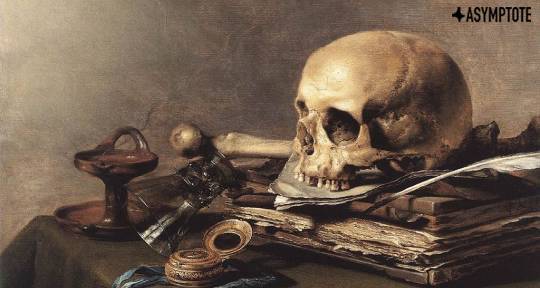In this week’s round-up of literary news from around the world, our editors report on an exciting translation-centric colloquium in Mexico, a prestigious award going to a new translation of one of North Macedonia’s most canonical novels, and the Frankfurt Book Fair’s spotlighting of the Philippines in its 2025 edition—a choice that has met resistance from local publishers due to the fair’s Zionist sympathies.
René Esaú Sánchez, Editor-at-Large, reporting for Mexico
They say that no matter what you do, there is always a saint from which you can ask for help. In the case of translators, that is Saint Jerome, who translated the Bible into Latin. Following the Council of Trent, his translation became the official Latin Bible in the western hemisphere.
With this in mind, the fourth Coloquio de Traducción Literaria San Jerónimo (Saint Jerome Literary Translation Colloquium) took place last week in Veracruz, Mexico. The event was dedicated to fully immersing participants in the art of translation and fostering discussions on what it truly means to translate. It was organized by the Culture Office of Veracruz and the independent publishing company Aquelarre Ediciones, which also sponsors a prize dedicated to literary translation.
Among the participants were notable figures such as Fabián Espejel, the recent winner of the Bellas Artes Margarita Michelena Literary Translation Award; Mario Murguía, who won the same prize last year; José Miguel Barajas, the translator of Mallarmé into Spanish; and José Luis Rivas, a poet who has translated works by Derek Walcott, John Donne, Ezra Pound, William Shakespeare, and T.S. Eliot. READ MORE…



